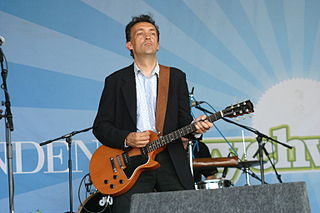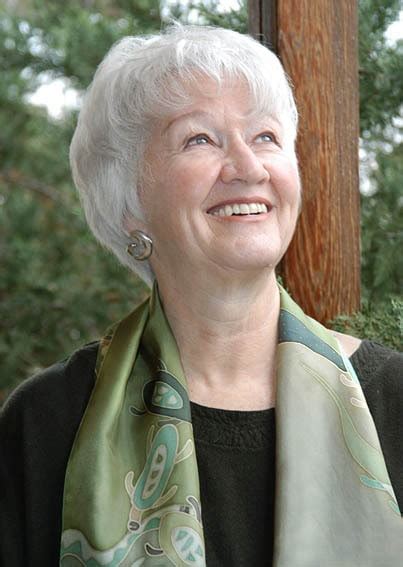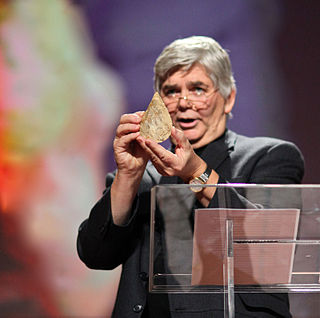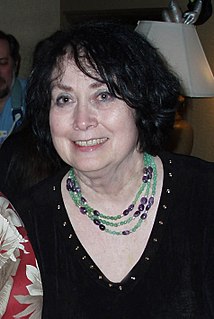A Quote by Justin Adams
The human condition is what it is. We can see beauty and wonder in the world, but we also face imminent death and uncertainty, and we often need to sidestep the idea of time and communicate with each other, not with words but with a sense of community and union. I don't want to make an overreaching statement, but I think that's the function of culture.
Related Quotes
I wrote an op-ed piece in The New York Times about the amazing effect of shared wonder - how I have an audience filled with people who you'd think would hate each other, people from every religious category, all at the same show at the same time. And it's an amazing phenomenon to watch this shared sense of wonder, where these people who really don't like each other - for good and bad reasons, reasons that make sense and that don't make sense - are in the same room, experiencing this unification.
We must see ourselves in community with all other people at local, national and global levels. While this may seem superficially easy, it is actually not. Western culture, now globally dominant, has systematically trained us to think and act as though we are separate individuals, often in competition with each other for scarce resources of one sort or another, primarily money, which has be-come the perceived means to all we want and need in life.
THE FATHER: But don't you see that the whole trouble lies here? In words, words. Each one of us has within him a whole world of things, each man of us his own special world. And how can we ever come to an understanding if I put in the words I utter the sense and value of things as I see them; while you who listen to me must inevitably translate them according to the conception of things each one of you has within himself. We think we understand each other, but we never really do.
I think that what started out as a European Union originally was probably a really wonderful and world-changing idea, the idea of a kind of cooperation and interdependence between countries. But the idea that individualization would work on common ground, not on conflict, not against each other, but to find how each benefitted from the other I thought was an incredibly hopeful and positive possibility.
Writing can be such a lonely endeavor that I do think community is also important.Meeting at cafes and exchanging work and reading to each other and giving each other little bits of encouragement and feedback and thoughts, I think that's an incredibly rich experience because what it does is it gives you a sense of community but also purpose. If I know I'm going to meet you in a cafe next Tuesday, I'm going to write something that I can hand to you. Discipline is such a challenge for so many writers and so I think that that's a key benefit of being in a group.
The people with the best sense of what is essential to a community, of what gives and maintains its spirit, are often doing very humble, manual tasks. It is often the poorest person - the one who has a handica[p, is] ill or old - who is the most prophetic. People who carry responsibility must be close to them and know what they think, because it is often they who are free enough to see with the greatest clarity the needs, beauty and pain of the community.
Today, the best way to communicate with someone is still face-to-face. Virtual reality has the potential to change that, to make it where VR communication is as good or better than face-to-face communications, because not only do you get all the same human cues as real-world communication, you basically suspend the laws of physics, you can do whatever you want, you can be wherever you want.
I like this idea of the re-foundation of the European Union, maybe it can be done, because Europe - I do not say is unique, but it has a force, a culture, a history that cannot be wasted, and we must do everything so that the European Union has the strength and also the inspiration to make it go forward. That's what I think.
With actors and directors, it's a conversation that you have. You have to learn each other's language and learn how to communicate with each other effectively. It's really nice when you can have that communication on a level where they walk up to you and you can see by the expression on their face what they want. You don't even have to talk, it just like, "Got it!" And, you know what they want before they even ask for it.
Science fiction is a dialogue, a tennis match, in which the Idea is volleyed from one side of the net to the other. Ridiculous to say that someone 'stole' an idea: no, no, a thousand times no. The point is the volley, and how it's carried, and what statement is made by the answering 'statement.' In other words ? if Burroughs initiates a time-gate and says it works randomly, and then Norton has time gates confounded with the Perilous Seat, the Siege Perilous of the Round Table, and locates it in a bar on a rainy night ? do you see both the humor and the volley in the tennis match?



































